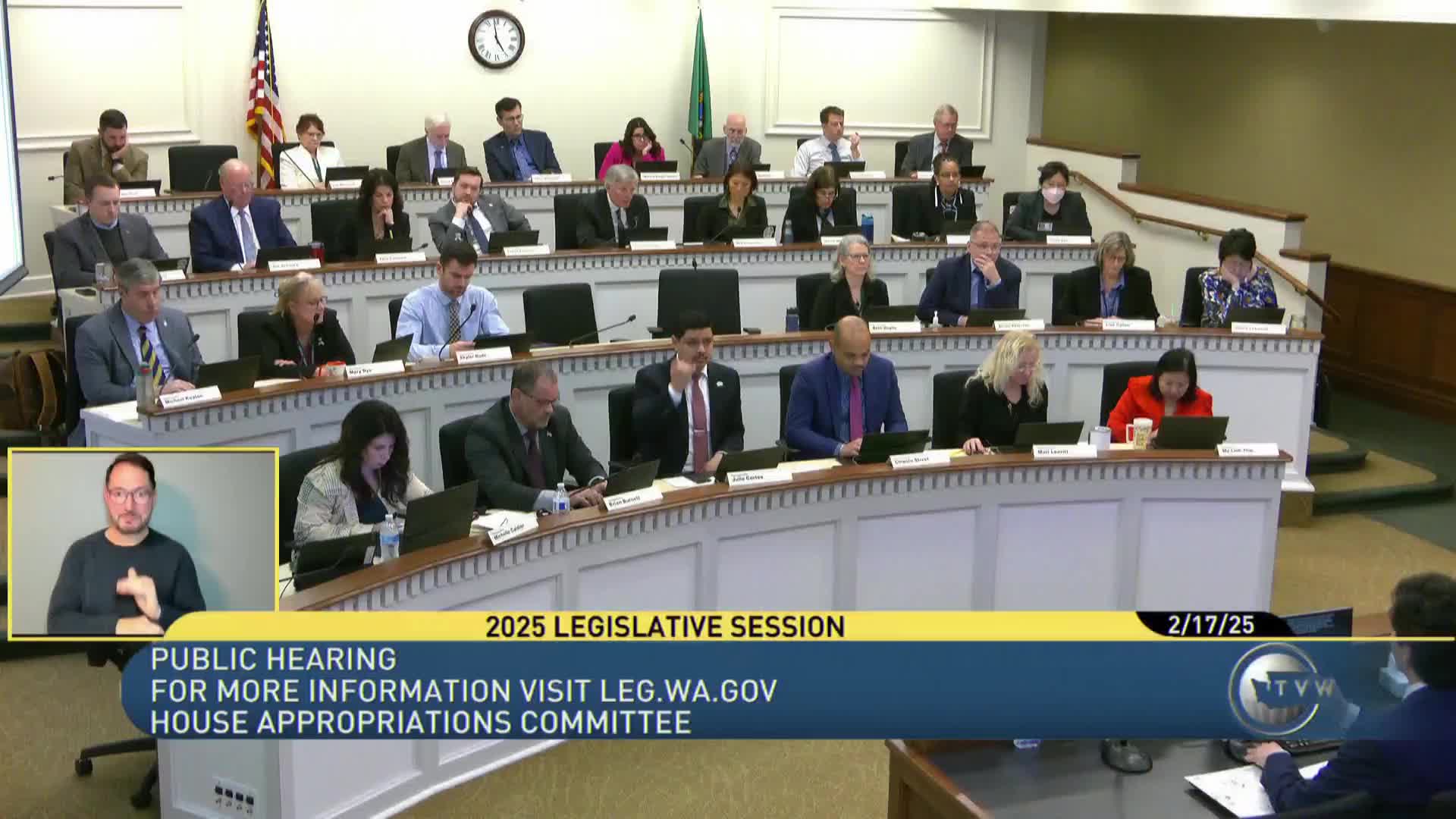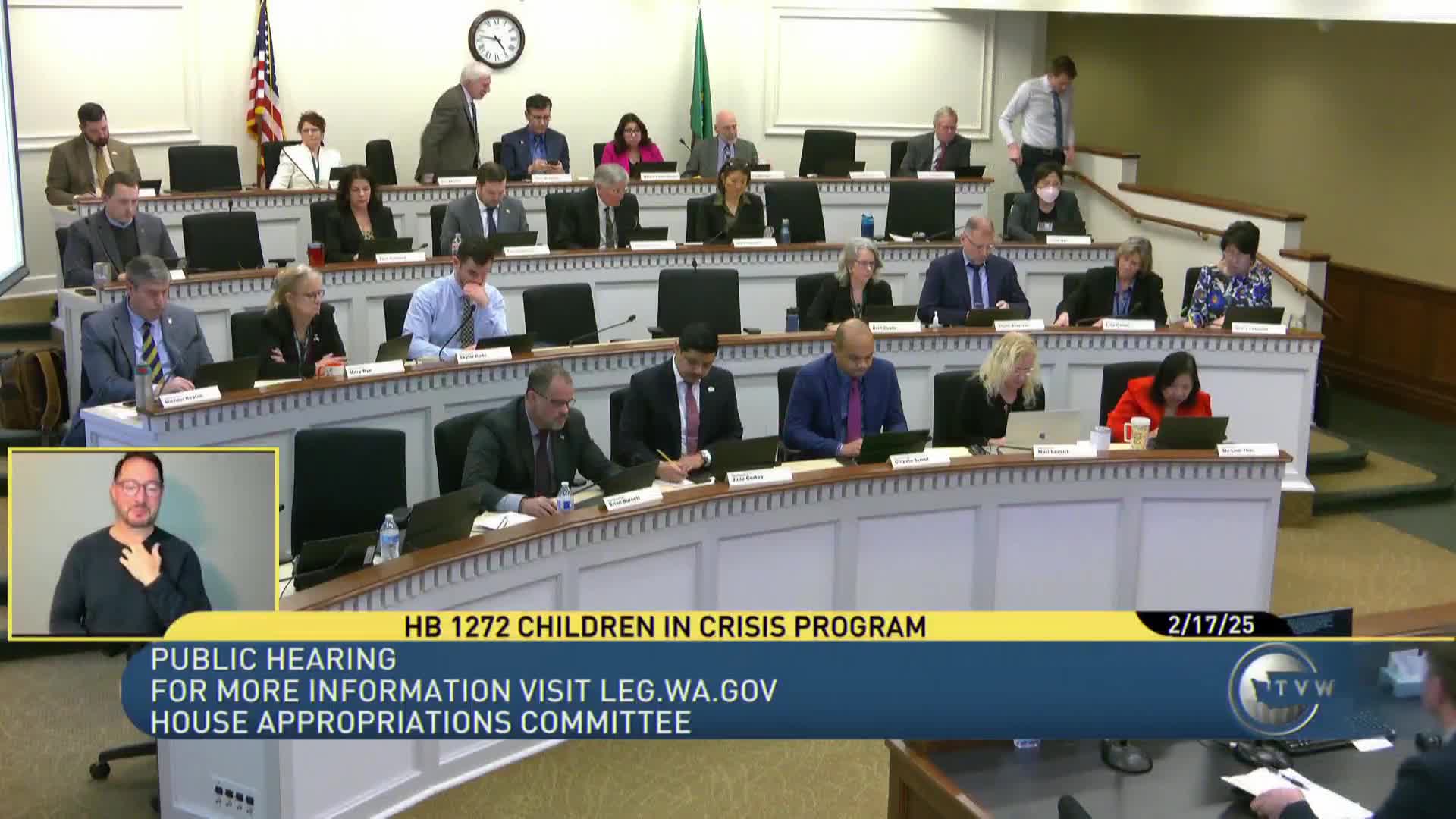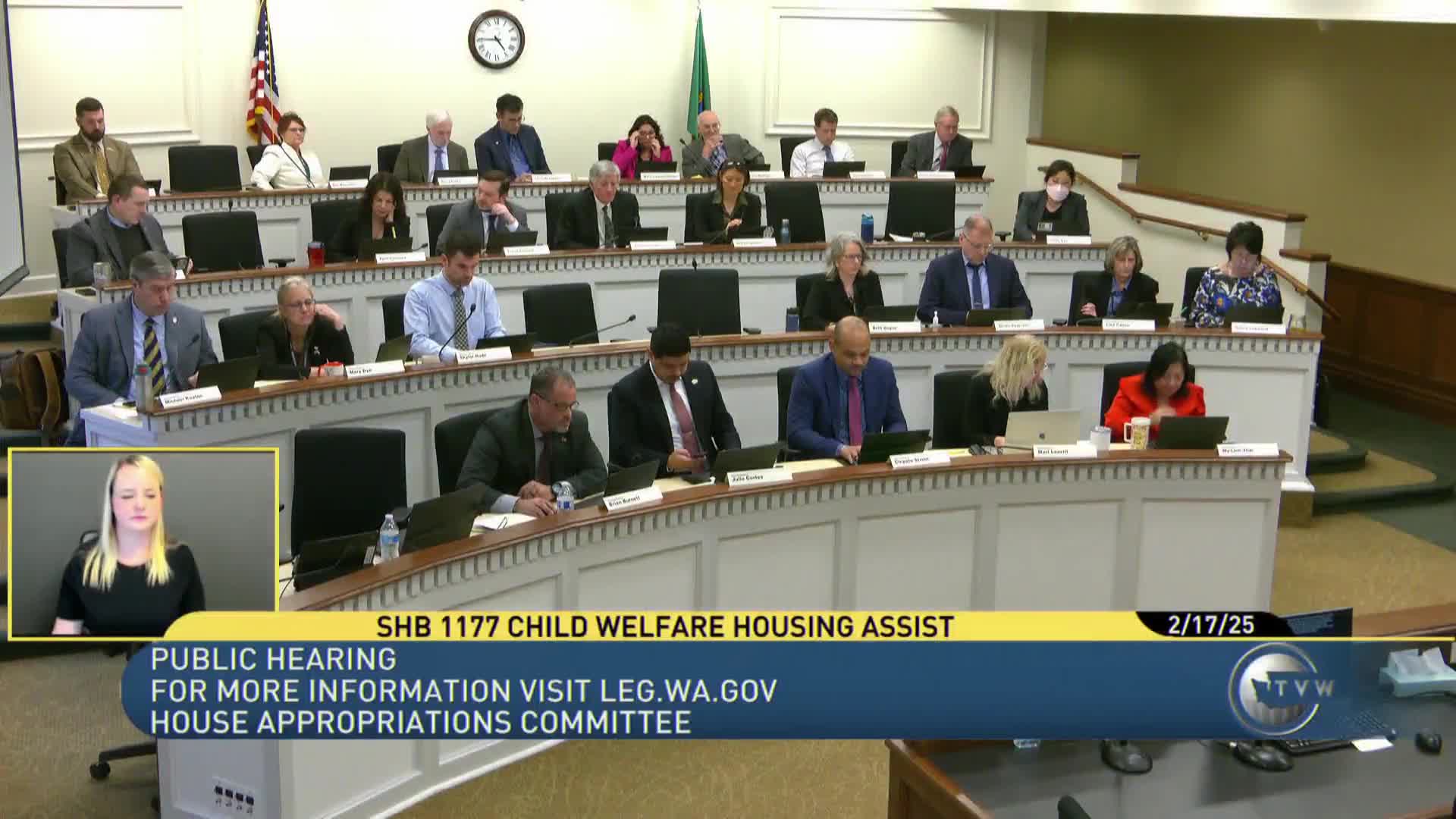Article not found
This article is no longer available. But don't worry—we've gathered other articles that discuss the same topic.

Committee hears competing fiscal and worker-support arguments on PTSD presumption for correctional staff

Legislative panel hears support to extend children-and-youth multisystem care program through 2027

